The Fourth Industrial Revolution is here and it’s changing the face of modern industry. 5G technology is an essential part of this new revolution, as it promises to provide high-speed, reliable network connections and enable advancements in automation, artificial intelligence, and machine-to-machine communication. In this article, we’ll explore how 5G will enable Industry 4.0 and what this means for the future of modern industry.
Exploring the Benefits of 5G and Industry 4.0
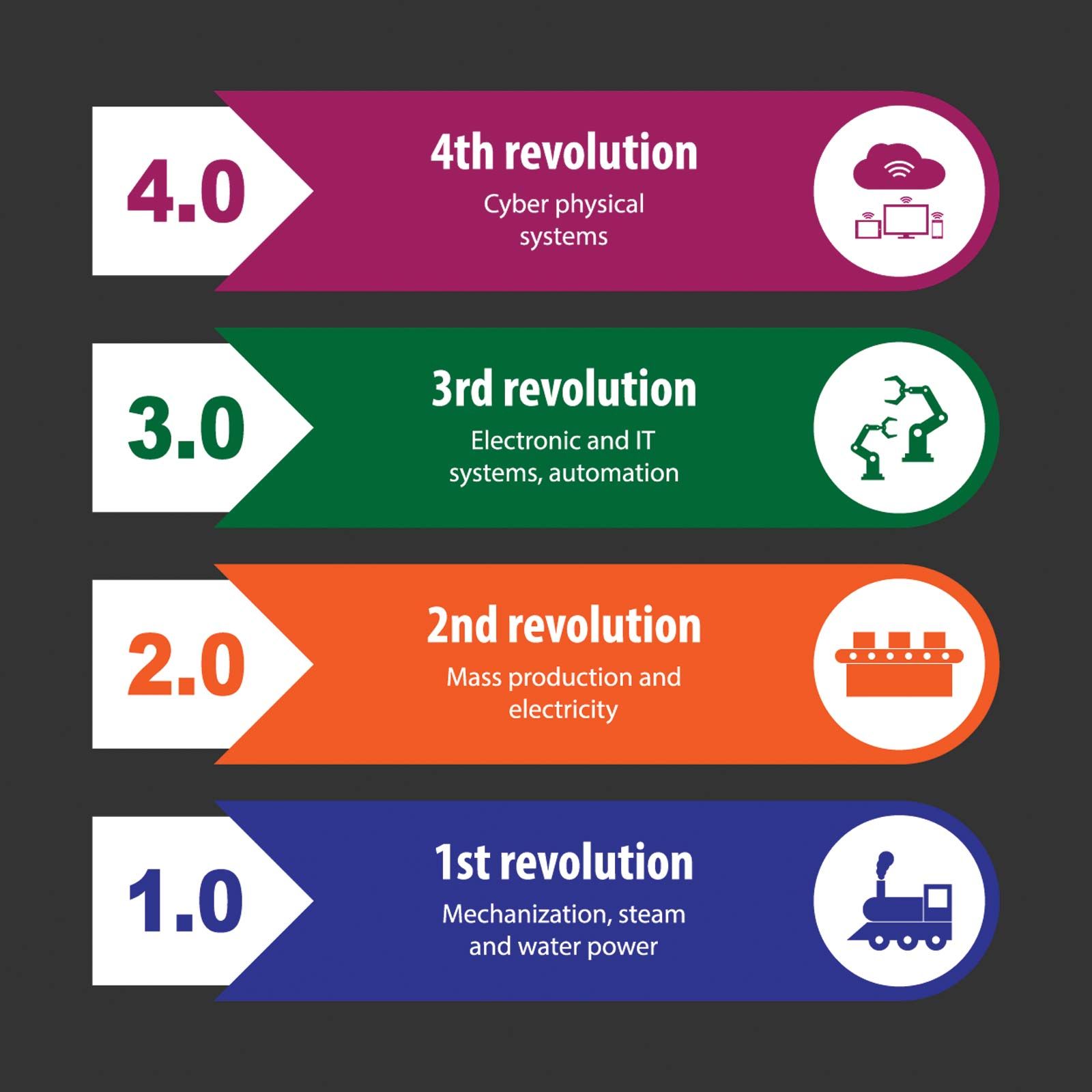
The Fourth Industrial Revolution is on the horizon, and 5G is the key to unlocking it. 5G technology will have a huge impact on Industry 4.0, as it will enable faster, more reliable connections and data transfer, meaning that business processes can be streamlined and made more efficient. 5G will also allow for more innovative technologies to be developed, such as autonomous vehicles and smart cities. With 5G, businesses will be able to access more data in real time, enabling them to make better decisions more quickly. In addition, 5G will make it easier for businesses to collaborate with partners and customers, allowing them to create better products and services. All of this is great news for businesses, as Industry 4.0 promises to be a revolution that will revolutionize the way we do business. With 5G, the possibilities are endless, and businesses should make sure they’re ready to take advantage of the opportunities that come with the Fourth Industrial Revolution.
What is 5G and How is it Different from Previous Networks?
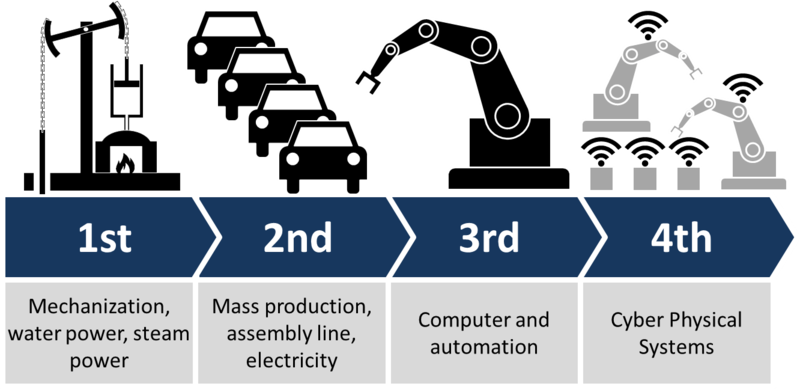
5G is the newest, hottest technology out there and it’s bringing the Fourth Industrial Revolution to life! It’s the fifth generation of cellular network technology and it promises to revolutionize the way we use our phones and other devices. 5G is much faster than previous networks and has much lower latency, which means you get more data faster than ever before. 5G also has the potential to support more devices in the same area without any drop in performance, making it perfect for IoT applications. 5G is the future of the internet and it’s definitely something to get excited about.
The Impact of 5G on Industrial Automation
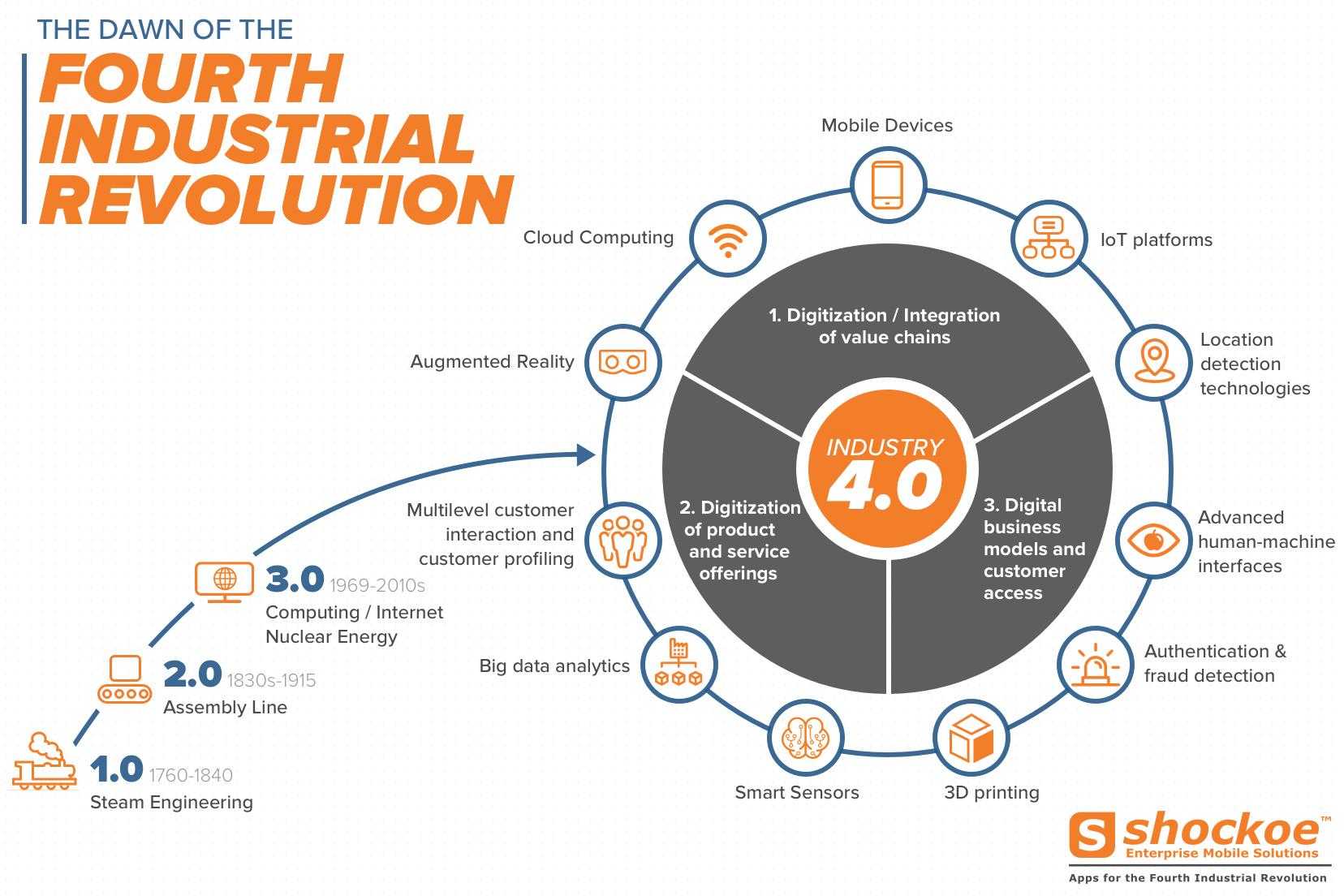
When it comes to the fourth industrial revolution, 5G is set to be a major game-changer. This next-gen technology will allow for unprecedented levels of automation and connectivity, allowing businesses to get the maximum value out of their data. With 5G, industrial automation will become faster and more efficient than ever before. Moreover, the level of data accuracy and reliability will be higher than ever, giving companies the ability to make better decisions with greater confidence. 5G is not only going to revolutionize industrial automation, but it is also going to revolutionize the way we interact with our machines, allowing us to make decisions more quickly and with more accuracy. The possibilities are truly endless and with 5G on the horizon, the fourth industrial revolution is sure to be a game-changer for businesses around the world.
The Challenges of Implementing 5G and Industry 4.0
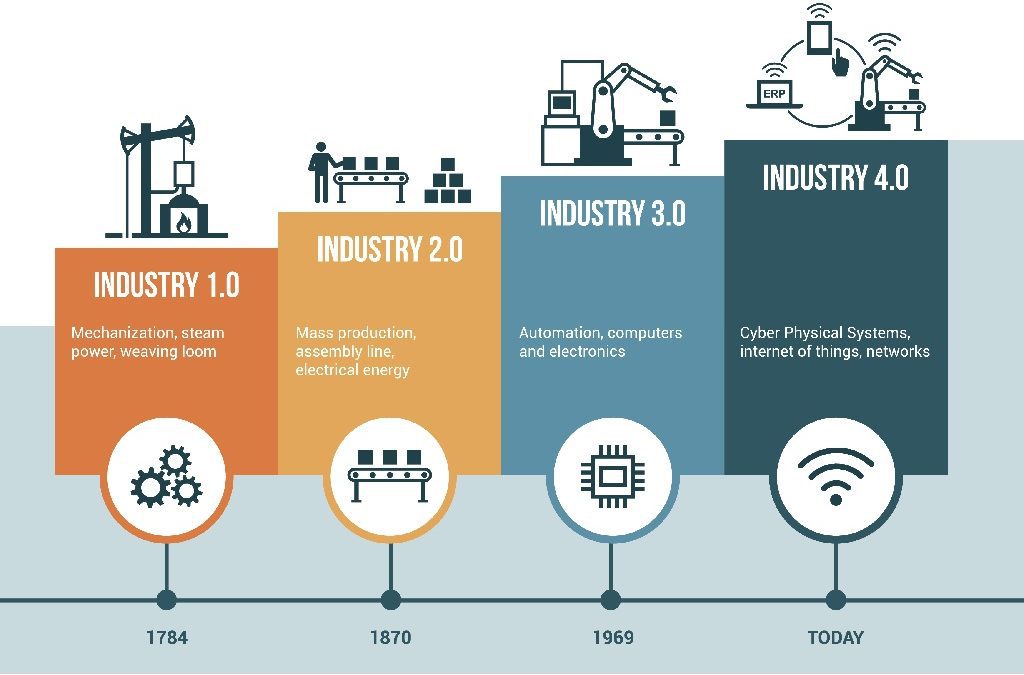
The challenge of implementing 5G and Industry 4.0 is no small feat. With 5G, you’re faced with the task of restructuring networks and infrastructure to support faster speeds and increased capacity. You’re also faced with the task of getting advanced technologies like IoT, AI, and robotics up and running. On top of that, you have to ensure that all of these new technologies are secure and reliable. Industry 4.0 requires a lot of collaboration between different companies, so you’ll need to get everyone on the same page and make sure everyone is working together. All of this requires a lot of investment, planning, and coordination. It’s not going to be easy, but if done right, it could revolutionize the way we live and work.
What Should Businesses Do to Prepare for 5G and Industry 4.0?

As businesses prepare for 5G and Industry 4.0, they need to ensure they have the right infrastructure in place. This includes having the necessary hardware, software, and networks to support the new technologies. Additionally, businesses should also invest in training their employees on how to use the new technologies and understand the security implications they bring. Furthermore, businesses should look into developing a strategy for how to best leverage the capabilities that 5G and Industry 4.0 offer. This includes assessing the potential of new applications, services, and products that can be enabled by the technology. Finally, businesses should prepare for the changes brought about by 5G and Industry 4.0 by having a plan for how to adjust operations to take advantage of the new technologies. By taking these steps, businesses can ensure they are well-prepared for the fourth industrial revolution and the opportunities it presents.


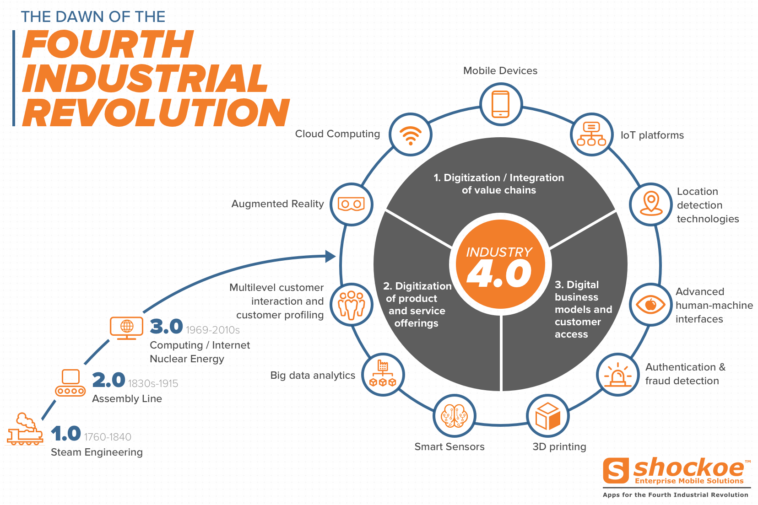


GIPHY App Key not set. Please check settings